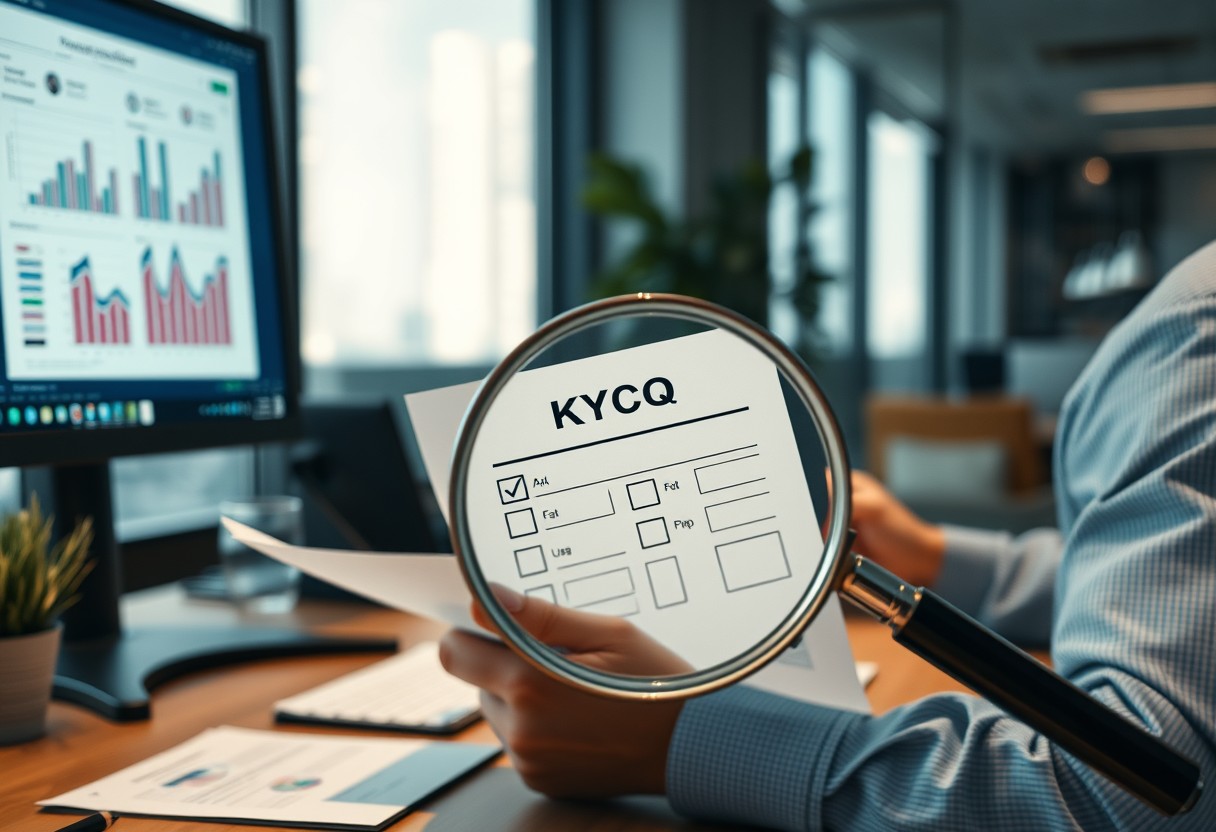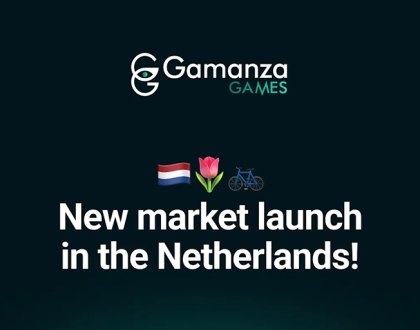AML and KYC – Are MGA’s Investigations Really Effective?

KYC, or Know Your Customer, is a critical process that I must undertake to comply with Anti-Money Laundering (AML) regulations. In my journey to understand the effectiveness of investigations carried out by Managing General Agents (MGAs), I often ponder the impact these processes have on financial crime prevention. As MGAs operate at the intersection of insurance and regulatory compliance, their approach to KYC can significantly influence both customer experience and the wider fight against money laundering.
As someone who immerses myself in the financial services sector, I recognize that MGAs play a vital role in understanding the risks associated with their policyholders. The due diligence during the KYC process allows me to gauge the legitimacy of customer identities, ensuring they aren't involved in illicit activities. However, I can't help but question the comprehensiveness of these investigations. Are the tools and methodologies that MGAs use truly effective in detecting sophisticated financial crimes?
One aspect that I find particularly compelling is the technology available to MGAs today. With advancements in artificial intelligence and machine learning, I hope that these tools can enhance the KYC process, making it more efficient and effective. These technologies can analyze vast amounts of data, flagging suspicious activities that might not be visible to the naked eye. But I often wonder if MGAs are fully embracing these innovations, or if there remains a reliance on traditional processes that may not be adequate in our evolving financial landscape.
Moreover, I think about the importance of training staff at MGAs. I recognize that the more informed the personnel are about the latest trends in money laundering techniques, the more effective their KYC processes will be. Yet, I believe this knowledge requires ongoing investment and commitment to ensure that employees can adapt to emerging threats in real-time. It leads me to question whether MGAs are dedicating enough resources to training their staff effectively.
Upon examining the regulatory environment, I realize that MGAs must navigate a complex web of rules and regulations related to AML and KYC. While I appreciate the efforts to standardize practices across the industry, I sometimes feel that the sheer volume of regulatory requirements can hinder the effectiveness of investigations. Are MGAs able to focus sufficiently on genuine risks when they’re overwhelmed by compliance duties? It's a dilemma I certainly grapple with.
Finally, I am intrigued by the balance that MGAs must maintain between customer experience and regulatory compliance. As I interact with MGAs, I wonder if stringent KYC requirements might inadvertently alienate potential customers. They may find the process daunting, leading to lost opportunities for both the MGAs and consumers. The key question remains: how can MGAs streamline KYC processes without sacrificing effectiveness?
When all is said and done, as I reflect on the effectiveness of MGAs' investigations under the AML and KYC frameworks, I certainly see both potential and room for improvement. While the current tools and regulations are in place to help, it will require continuous adaptation and evolution in practices to truly make a difference in combating financial crime. Ultimately, I believe that a collaborative effort among all stakeholders is imperative to create a more robust and effective KYC process that benefits everyone involved.
FAQs
What is KYC and why is it important?
KYC, or Know Your Customer, is a process to verify customer identities to prevent financial crimes, particularly money laundering.
How do MGAs utilize KYC processes?
MGAs use KYC processes to assess the legitimacy of policyholders and understand potential risks associated with their activities.
What role does technology play in KYC?
Advancements in AI and machine learning enhance KYC by analyzing large datasets to detect suspicious activities more effectively.
Are MGAs investing enough in staff training?
Ongoing training is crucial for MGAs to stay updated on emerging money laundering techniques, but resource allocation varies across firms.
How can MGAs balance customer experience with compliance?
MGAs need to streamline KYC processes to avoid alienating customers while ensuring compliance with regulatory requirements.
Recommended Posts

Gamanza Games Expands into the Dutch Market
October 5, 2024

Evolution’s Live Casino Studio Opens in Prague
October 5, 2024

Discover Mighty Symbols: Jokers by Wazdan
October 5, 2024



